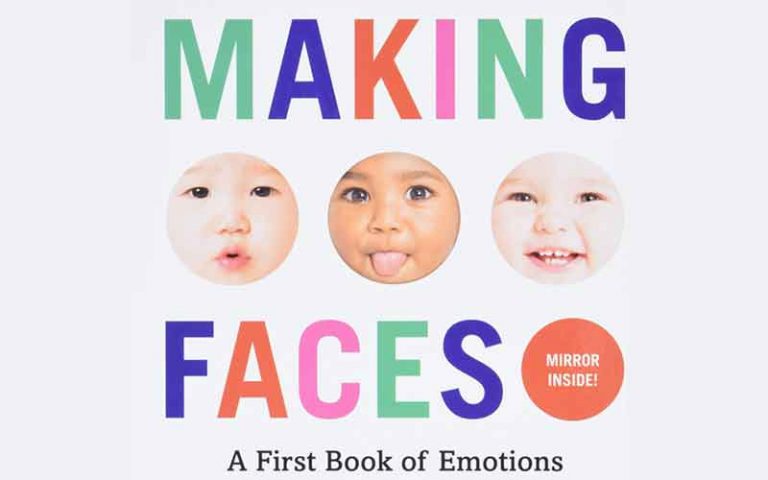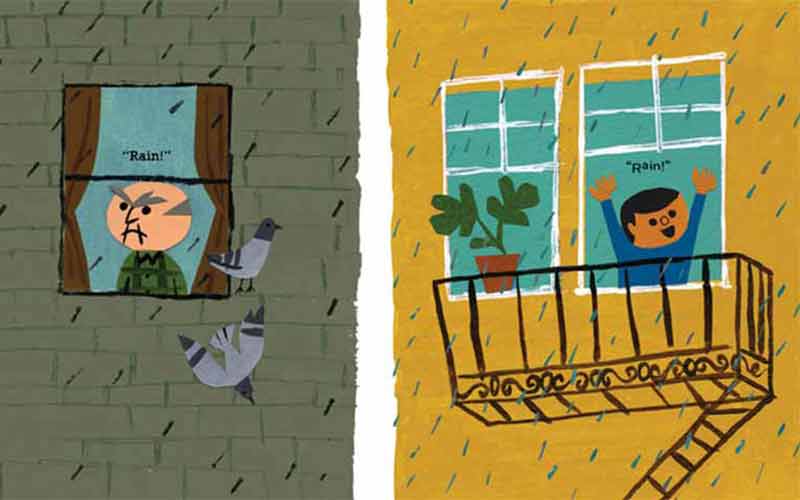TAKE-HOME STRATEGY
Recognizing and Describing Emotions at Home

What It's About
Recognizing and Describing Emotions is all about connecting our feelings to words. This helps children understand and use language to express their emotions. It can also help them learn social skills, such as being able to relate to others’ feelings.
You can support your child to connect words with emotions by talking about a variety of positive and negative emotions they or others experience.
Here are some ways you can support Recognizing and Describing Emotions at home. Keep in mind that you can change these activities to work for you and your child, based on their current abilities, interests, and what you have available at home. Make sure to use safe materials and watch your child closely during these activities.
Take a look, and try out your favorites!
Feelings Chart
Time to Read
Songs about Feelings
Feelings Photoshoot
Puppets and Dolls
Guess the Emotion
Quick Cues for Recognizing and Describing Emotions
Some things you might do or say to help your child Recognize and Describe Emotions
Label Feelings and Emotions
Name and describe both your own and your child’s feelings.
This can sound like:
“I see you rubbing your eyes. You are feeling tired, aren’t you? It’s time to take a nap.”
“They look angry. I can tell because their hands are in a fist, and they are frowning.”
“I see you are feeling so excited right now. You have a wide smile on your face!”
Consider Why
Talk about why someone may be feeling a certain way.
This can sound like:
“I see your friend has tears on their face. I wonder why?”
“They are sad. Why do you think they are sad?”
“Show me your happy face! What makes you happy?”
Ask Them To Label
Ask your child to name and describe how they feel.
This can sound like:
“I see that you are having trouble opening your water cup. How does that make you feel?”
“I see that they took your book. How does that make you feel?”
“Your friend told you they like playing with you. Let’s tell them how it makes you feel.”
Our Book Recommendations for Recognizing and Describing Emotions
Engaging stories that support Recognizing and Describing Emotions

Making Faces
Published by Abrams Appleseed, this interactive board book features simple text and photos of real children to explore five essential emotions.
Have fun with it:
Name each emotion and invite your child to make faces to match.

Rain!
Written by Linda Ashman and illustrated by Christian Robinson, Rain! depicts how two different people feel and act on a rainy day.
Have fun with it: As you read, label and describe the range of emotions each character expresses.
More Strategies
We’re creating a library of resources like these so families can quickly and easily promote children’s development at home. Be sure to see all the strategies we have available!